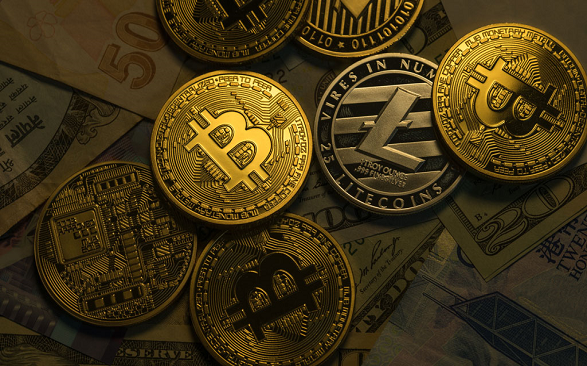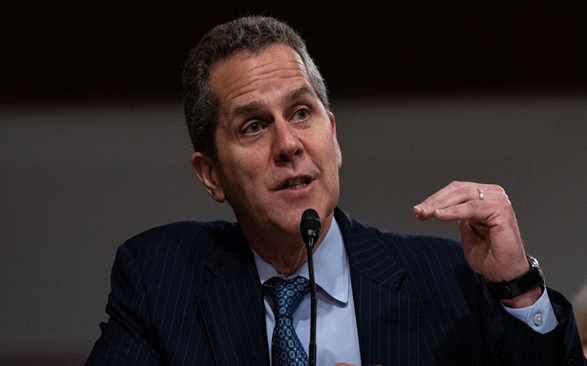by Jude Ayua
The US Securities and Exchange Commission (SEC) has stated that memecoins are generally not considered securities under federal law. This is based on a staff statement issued on 27 February 2025 by the SEC’s Division of Corporation Finance. The statement applies to memecoins purchased for entertainment and cultural purposes, with value driven by market demand and speculation. However, memecoins that have characteristics of an investment, such as promising profits from a company’s efforts, might be considered as securities.
Memecoins and securities regulation
Memecoins, a type of cryptocurrency inspired by internet memes, characters, current events, or trends, such as Dogecoin and Shiba Inu. Most people typically purchase memecoins for entertainment, social interaction, and cultural purposes.
For some years, the US SEC examined the status of cryptocurrencies, including memecoins, whether they fall under its jurisdiction as securities.
In its classification of securities, the SEC applies the Howey test, which determines if an asset is an investment contract based on an investment of money, a common enterprise, and an expectation of profits from others’ efforts. The US SEC’s staff statement declaring that memecoins are generally not considered securities under federal law, marks a major regulatory shift in the US cryptocurrency sector. The statement brought clarity to the classification of memecoins.
Read also: Memecoins poised for continued growth in 2025—Messari.
Legal and market implications
The SEC’s staff statement explicitly states that transactions in the types of memecoins described do not involve the offer and sale of securities under the federal securities laws.
The statement emphasizes that memecoins typically lack the characteristics of an investment contract under the Howey test. Specifically, they do not involve an investment in an enterprise, nor is there a reasonable expectation of profits derived from the entrepreneurial or managerial efforts of others. Instead, their value is driven by speculative trading and market sentiment, making them more akin to collectibles than financial instruments.
The SEC’s statement implies that people buying or selling typical memecoins do not need to register with the SEC. This also means that investors in memecoins will not be protected by federal securities laws for such assets.
Read also: Understanding the Pros and Cons of Memecoins as an Investor.
It is important to note that the statement represents the views of the SEC staff and not those of the Commission. Therefore, it does not have the force of law, as it is not a rule or regulation. Also, it does not alter existing legal requirements or create new obligations, and it is subject to change based on future developments.
The statement also clarifies that it does not cover meme coins inconsistent with the described characteristics or those labeled to evade securities laws, and fraudulent conduct related to memecoins may still be subject to other federal or state enforcement actions. The SEC’s staff statement is seen as a positive development for the cryptocurrency sector, particularly for memecoin creators and traders. It provides clarity that typical memecoins, such as those associated with internet memes and lacking utility, do not require SEC registration.
However, the lack of protection under federal securities laws means investors in memecoins are not safeguarded against fraud or market manipulation, raising concerns about potential risks. The statement also mentions that fraudulent conduct may still be subject to enforcement, suggesting that while most memecoins are exempt, bad actors could face scrutiny under other laws.
Political influence and potential controversies
The timing and context of the SEC’s staff statement comes just a month after President Trump launched his own memecoin, $TRUMP. The New York Times noted in a report that the SEC’s regulatory approach to memecoins might have a political alignment potentially favoring $TRUMP and similar high-profile memecoins, like Melania Trump’s $MELANIA, which are likely covered under its exemption, and shielding them enforcement action.
Another potential controversy is the explicit exclusion of memecoins inconsistent with the SEC’s described characteristics or those classified outside federal securities laws. Only memecoins marketed as an investment with promises of returns from the issuer are considered as securities. There is a possibility of future cases crossing the boundaries of this exemption, which may lead to a controversy if the SEC pursues enforcement against specific memecoins.
Read also: $TRUMP: US President-elect Trump launches meme coin as price skyrocket.
Jude Ayua is a policy analyst at CAB. A lawyer, Jude is an associate at Infusion Lawyers where he is a member of the Blockchain & Virtual Assets Group. He is also a member of the Policy & Regulations Committee of the Stakeholders in Blockchain Technology Association of Nigeria (SiBAN). Jude reports and writes on crypto policy and regulations. jude@infusionlawyers.com
Discover more from Crypto Asset Buyer
Subscribe to get the latest posts sent to your email.





